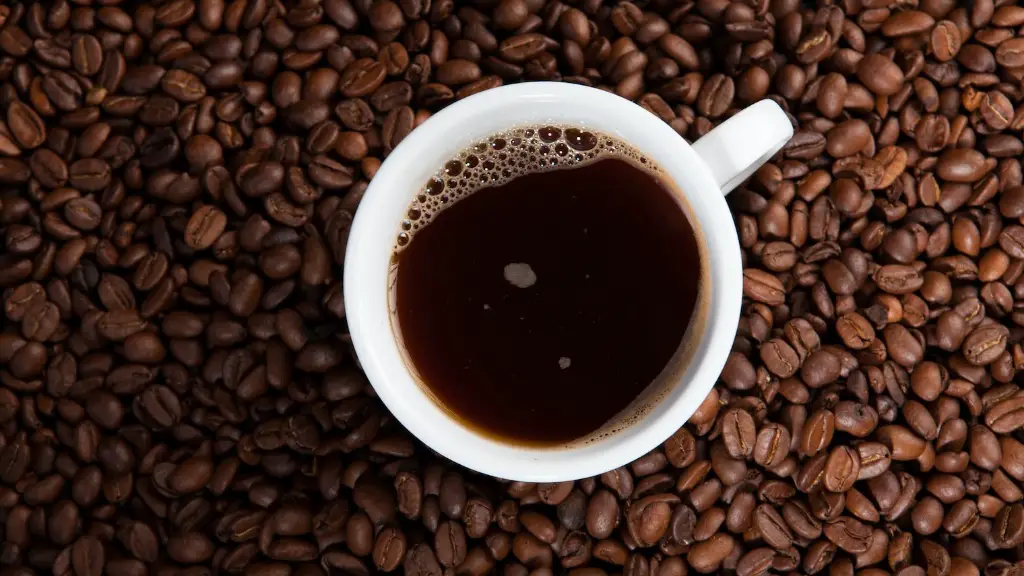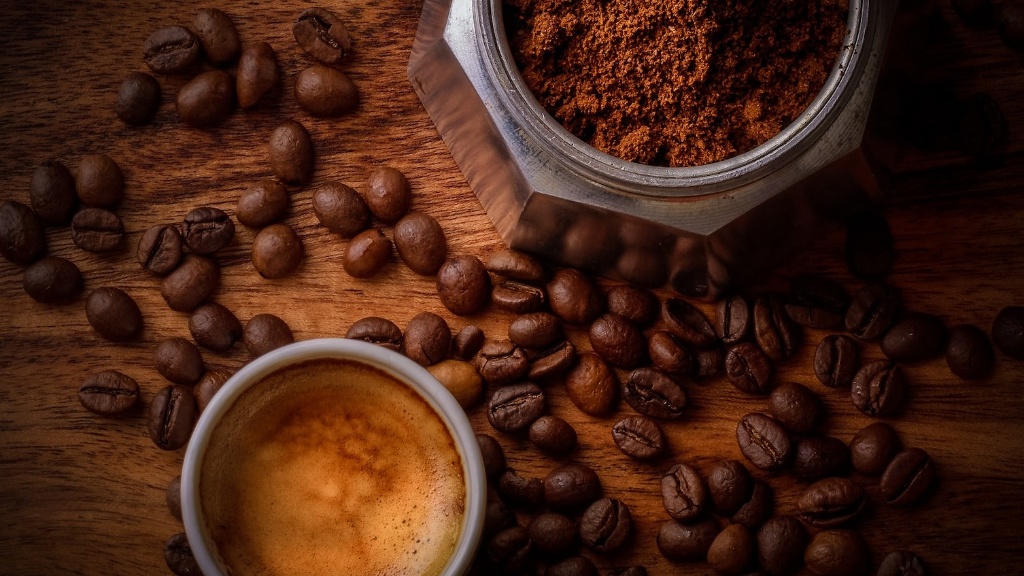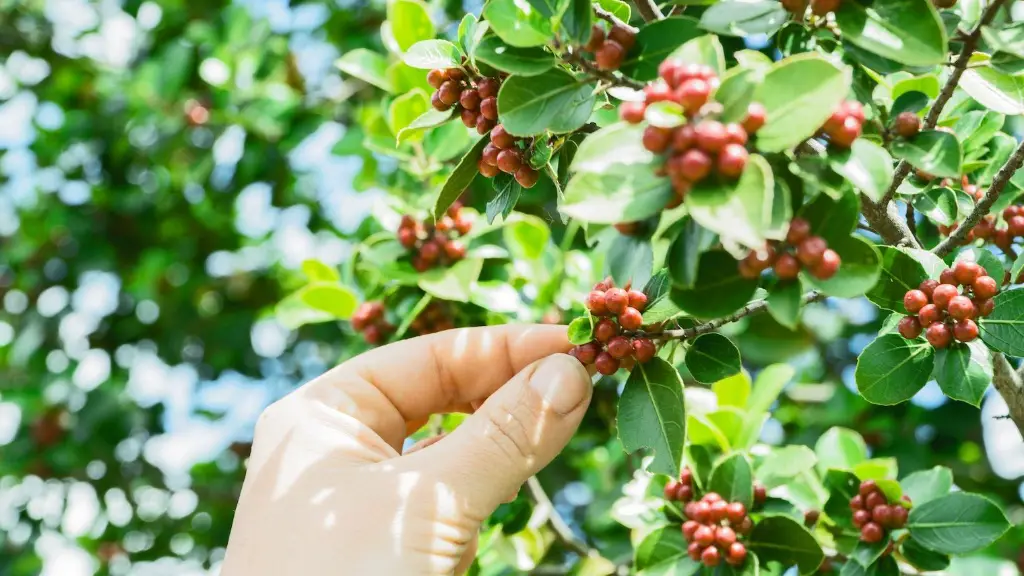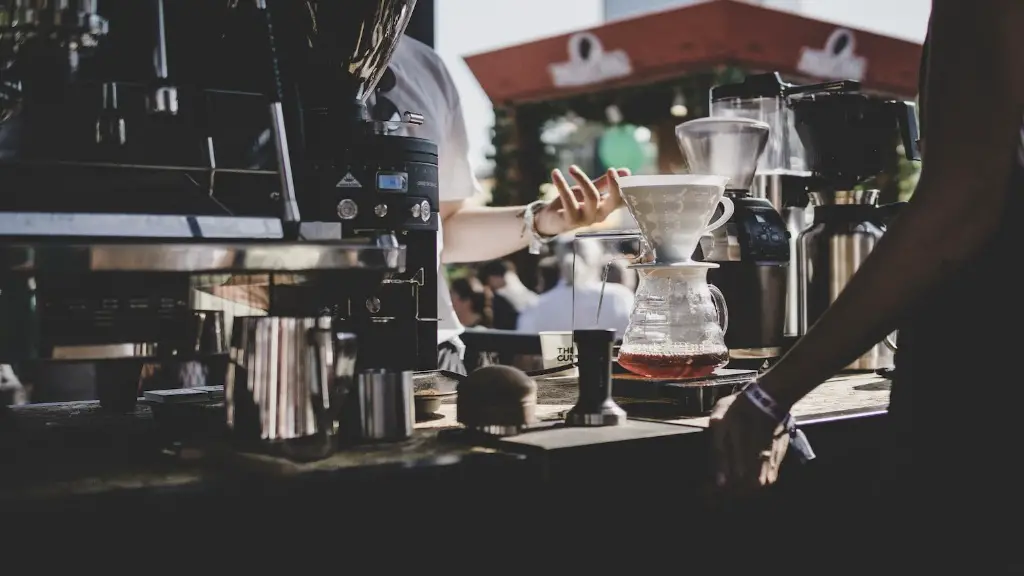Introduction
Coffee is one of the most consumed drinks worldwide, and for good reason. It is packed full of energy-boosting properties and other health benefits, making it a favorite for many people. But can coffee also make you sweat? Studies have found that coffee can indeed make you sweat, but there are certain factors that need to be taken into consideration in order to understand why that happens.
The Caffeine Content
One of the main ingredients found in coffee is caffeine, a stimulant that can increase your heart rate and blood pressure, both of which can contribute to sweating. The amount of caffeine in coffee can vary depending on the type you are drinking, with a cup of brewed coffee typically containing 95-165 milligrams of caffeine. Caffeinated energy drinks and sodas may contain more caffeine than a cup of coffee.
How Does Caffeine Affect Sweating?
Caffeine can affect sweat production in two ways. Depending on the individual, it can cause an increase in sweating due to its stimulant effect on the body. Caffeine can also increase blood flow, leading to increased perspiration. On the other hand, some people who are sensitive to caffeine may actually experience a decrease in sweat production when consuming coffee.
Can Coffee Make You Hotter?
In addition to making you sweat, coffee can also make you feel hotter. This is because caffeine stimulates the body’s thermogenesis, leading to an increase in body temperature. Consuming coffee can also make your body more sensitive to temperature changes, making it more likely that you will start to feel more hot and sweaty.
Can Coffee Dehydrate You?
It is a myth that coffee can dehydrate you. In fact, studies have shown that coffee can contribute to hydration levels since it is mostly made up of water. However, it is important to note that coffee can have a diuretic effect, which means that you may need to replace the fluids you lose due to increased urination.
Other Factors To Consider
Other factors that may contribute to increased sweating when drinking coffee include age, gender, health status, and the amount consumed. Younger people typically sweat more due to their high metabolic rate, while women are more likely to sweat than men. In addition, stress and anxiety can also contribute to sweating as your body reacts to the caffeine in the coffee.
Does Coffee Make Everyone Sweat The Same?
Everyone is different, so the amount of sweating someone experiences when drinking coffee can vary. Some people may not even notice any sweating, while others may experience more intense sweating. It is important to pay attention to how your body reacts when consuming coffee and adjust accordingly if needed.
The Benefits Of Coffee And Sweating
The stimulant effects of caffeine can provide several benefits, including improved alertness and concentration, improved heart health, and weight loss. Additionally, sweating can help your body regulate its temperature, detoxify, and gain a better immune system. It is important to remember that moderation is key when it comes to coffee consumption.
The Effects Of Habitual Coffee Consumption
Drinking too much coffee can have negative effects on your body, such as headaches, insomnia, and digestive problems. Additionally, some people may become more sensitive to the caffeine in coffee, leading to an increase in the amount they sweat. It is important to listen to your body and adjust your coffee consumption accordingly.
How To Combat Coffee-Induced Sweating
If you find that you are sweating excessively when drinking coffee, there are several steps you can take to reduce this effect. These include cutting down on the amount of coffee you consume, avoiding sugary additives, drinking plenty of water, and taking breaks from drinking coffee. Additionally, you can try using decaf coffee or other alternatives, such as herbal tea.
Tips For Enjoying Coffee Without The Sweat
Here are some tips for enjoying coffee without the sweat: avoid adding sugar and cream, monitor the amount of coffee consumed, stick to one cup a day, avoid drinking coffee on an empty stomach, take breaks from coffee consumption, and opt for alternatives such as decaf coffee. Remember that everyone is different and some may sweat more than others – adjust your coffee consumption accordingly.




